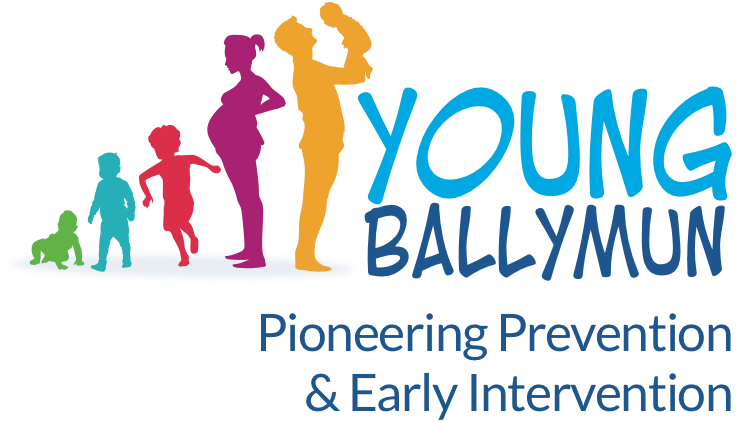Youngballymun is working alongside Tusla and other organisations to explore Adverse Childhood Experiences (ACES), their impact on children and families and is working alongside others to explore strategies to support children and families to overcome potential lifelong effects on health.
“The child may not remember, but the body remembers.”
The original research was controversial, but the findings revealed the most important public health findings of a generation. The science of Adverse Childhood Experiences (ACEs) and the birth of a new movement to treat and prevent Toxic Stress. Now understood to be one of the leading causes of everything from heart disease and cancer to substance abuse and depression, extremely stressful experiences in childhood can alter brain development and have lifelong effects on health and behaviour.
However, as experts and practitioners are proving, what’s predictable is preventable. In the documentary, ‘Resilience’, physicians, educators, social workers and communities are daring to talk about the effects of divorce, abuse and neglect. They are using cutting edge science to help the next generation break the cycles of adversity and disease.
‘The most reliable way to produce an adult who is brave and curious and kind and prudent is to ensure that when he is an infant, his hypothalamic-pituitary-adrenal axis functions well. And how do you do that? It is not magic. First, as much as possible, you protect him from serious trauma and chronic stress; then; even more important, you provide him with a secure, nurturing relationship with one parent and ideally two’ [Tough 2012, p. 182]
Youngballymun is creating awareness of the ACES by showing the Resilience documentary and providing workshops to explore the ACES and possible collaborative strategies to support families in Ballymun.
Contact: Julie Ann Lyons 087 9112172 or julieann@youngballymun.org

